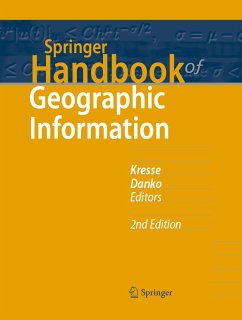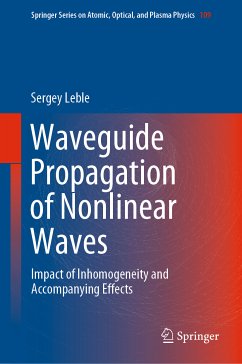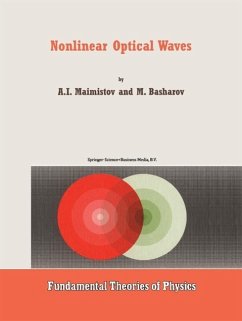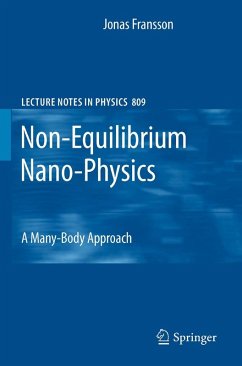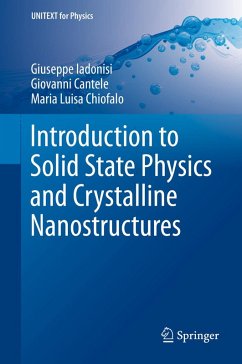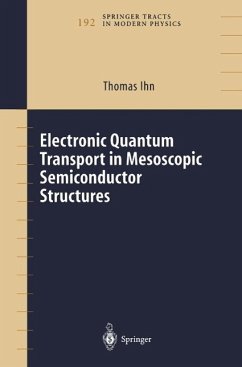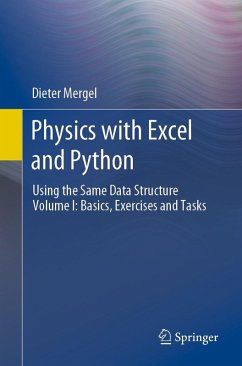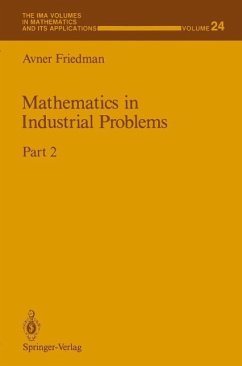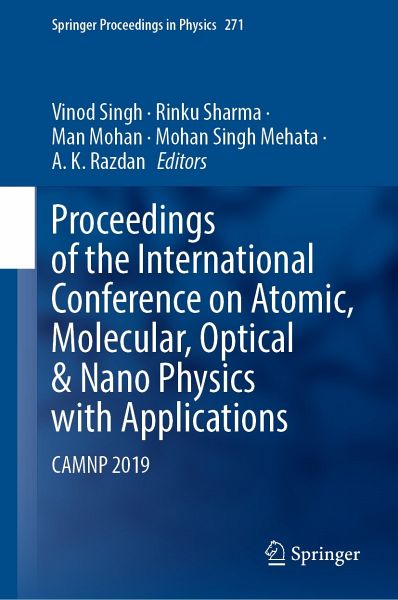
Proceedings of the International Conference on Atomic, Molecular, Optical & Nano Physics with Applications (eBook, PDF)
CAMNP 2019
Redaktion: Singh, Vinod; Razdan, A. K.; Mehata, Mohan Singh; Mohan, Man; Sharma, Rinku
Versandkostenfrei!
Sofort per Download lieferbar
88,95 €
inkl. MwSt.
Weitere Ausgaben:

PAYBACK Punkte
44 °P sammeln!
This book highlights the proceedings of the International Conference on Atomic, Molecular, Optical and Nano-Physics with Applications (CAMNP 2019), organized by the Department of Applied Physics, Delhi Technological University, New Delhi, India. It presents experimental and theoretical studies of atoms, ions, molecules and nanostructures both at the fundamental level and on the application side using advanced technology. It highlights how modern tools of high-field and ultra-fast physics are no longer merely used to observe nature but can be used to reshape and redirect atoms, molecules, parti...
This book highlights the proceedings of the International Conference on Atomic, Molecular, Optical and Nano-Physics with Applications (CAMNP 2019), organized by the Department of Applied Physics, Delhi Technological University, New Delhi, India. It presents experimental and theoretical studies of atoms, ions, molecules and nanostructures both at the fundamental level and on the application side using advanced technology. It highlights how modern tools of high-field and ultra-fast physics are no longer merely used to observe nature but can be used to reshape and redirect atoms, molecules, particles or radiation. It brings together leading researchers and professionals on the field to present and discuss the latest finding in the following areas, but not limited to:
Atomic and Molecular Structure, Collision Processes, Data Production and Applications
Spectroscopy of Solar and Stellar Plasma
Intense Field, Short Pulse Laser and Atto-Second Physics
Laser Technology, Quantum Optics and applications
Bose Einstein condensation
Nanomaterials and Nanoscience
Nanobiotechnolgy and Nanophotonics
Nano and Micro-Electronics
Computational Condensed Matter Physics
Dieser Download kann aus rechtlichen Gründen nur mit Rechnungsadresse in A, B, BG, CY, CZ, D, DK, EW, E, FIN, F, GR, HR, H, IRL, I, LT, L, LR, M, NL, PL, P, R, S, SLO, SK ausgeliefert werden.
Alle Preise in Euro und inkl. der gesetzl. MwSt. | Innerhalb Deutschlands liefern wir preisgebundene Bücher versandkostenfrei. Weitere Informationen: bitte hier klicken
Support
Bitte wähle dein Anliegen aus:
Rechnungen
Bestellstatus
Retourenschein
Storno




